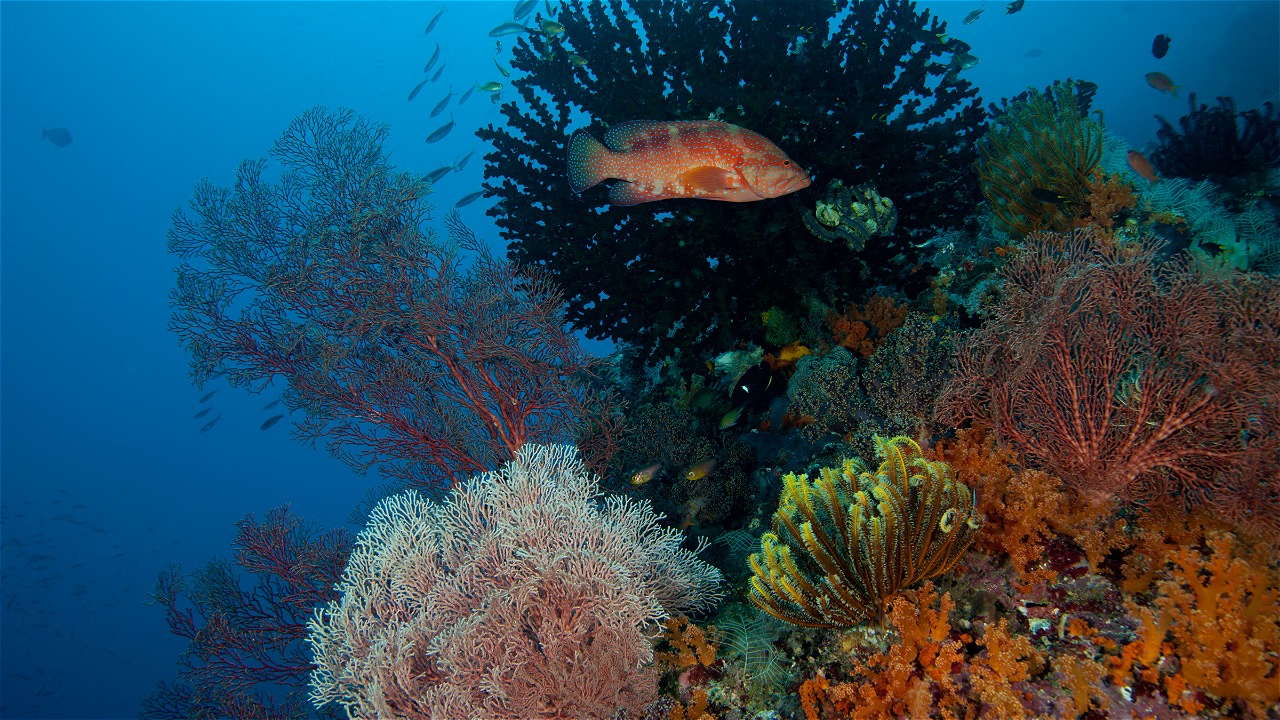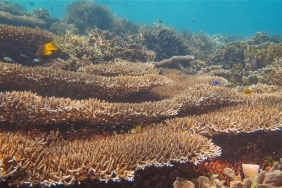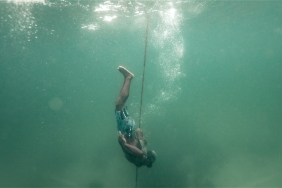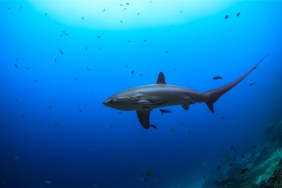TOWARDS RESPONSIBLE TOURISM
By Amkieltiela
Located in the world's coral triangle (Coral Triangle), making Indonesia famous for its rich resources that become a magnet for domestic and foreign tourists to travel. Tourism has become one of the mainstays of reviving the Indonesian economy besides the fisheries sector. WWF-Indonesia data shows that the tourism sector in Raja Ampat, Komodo and or Sipadan contributes around USD 12 million and USD 2.4 million through fisheries activities. This high figure has increasingly attracted the interest of the community to continue to develop tourism activities, and many have even switched from fishing activities to become tourist guides (tour guides) to introduce the beauty of Indonesia's sea.
WWF-Indonesia is committed to supporting the effectiveness of Coral Triangle area management so that it can benefit 120 million people in coastal Indonesia and increase public awareness to be conservative. The foundation of responsible marine tourism management and business is WWF's first step in demonstrating its commitment. The foundation becomes a tool to measure the level of commitment, implementation and responsibility of tourism drivers. Previously, many massive tourism activities showed negative impacts, such as damaged corals, changes in species behavior and increased waste volume.
The commitment was born from a meeting between tourism activists consisting of live-aboards, academics, restaurants, and tour operators on September 5, 2014 in Denpasar, Bali. The meeting discussed the trend of marine tourism in Indonesia, its opportunities and challenges, and how tourism can support the management of Indonesia's conservation areas. A follow-up meeting specifically for Trip Operators and Tour Operators - Indonesian Cruise Ship Network, on October 8, 2014 entitled Responsible Marine Tourism at Grand Cemara Hotel, Jakarta and attended by 24 participants. The meeting produced a number of important data needed to strengthen the foundation of marine tourism business management.
From a number of meetings that have been held, a number of tourism actors have shown smart work (best practices) that have been implemented, and on average aim to support nature conservation. But unfortunately, not all of this smart work is documented, or otherwise not transmitted to other relevant parties.
Of the 221 trip operator members in Indonesia, only a small percentage are doing smart work. "Our biggest challenge is that most members of our trip operator network do not understand the linkages between efficient work and the surrounding ecosystem," explained Brahmantya Sakti, coordinator of Triptrus Indonesia.
Equitable education for fishermen, communities, tourists and governments, encouraging programs that link the economy and conservation, strengthening alternative livelihoods, and quota restrictions supported by local governments are ways for tourism actors to understand the benefits of responsible tourism.




